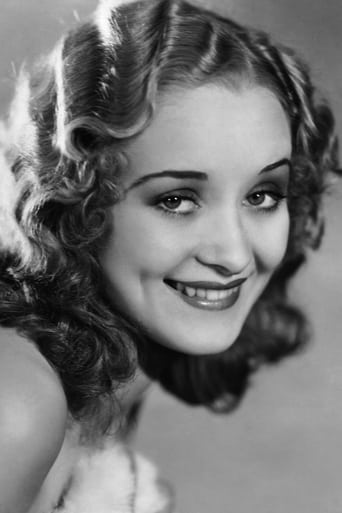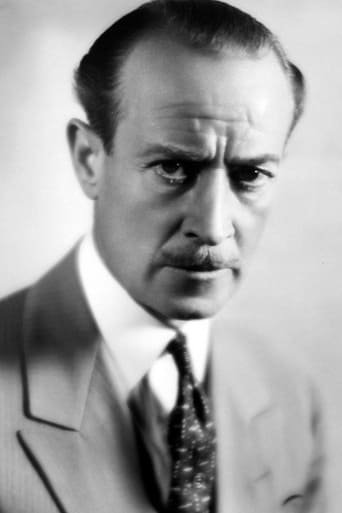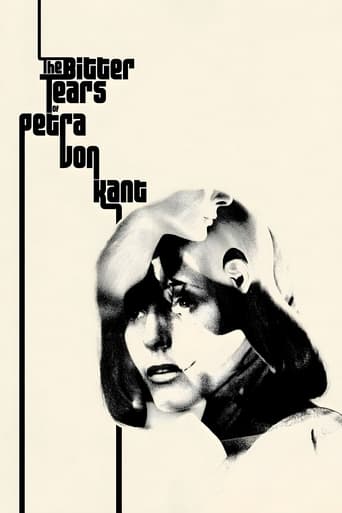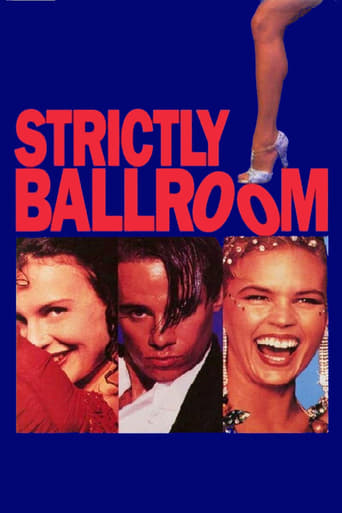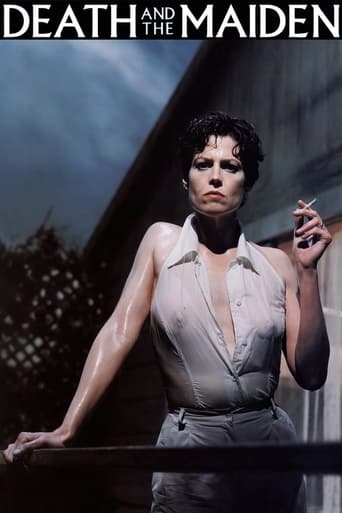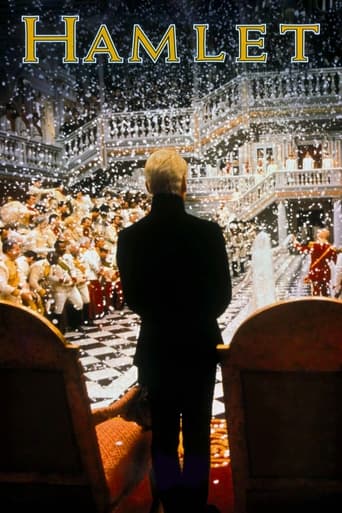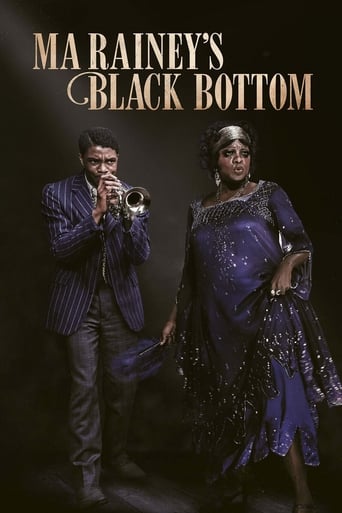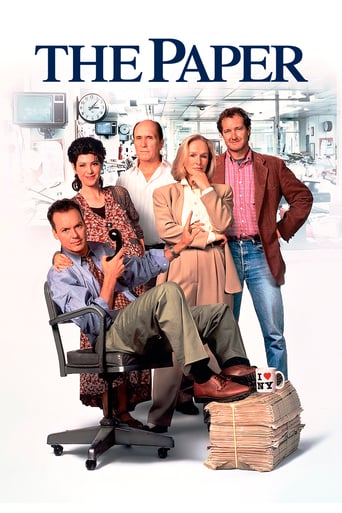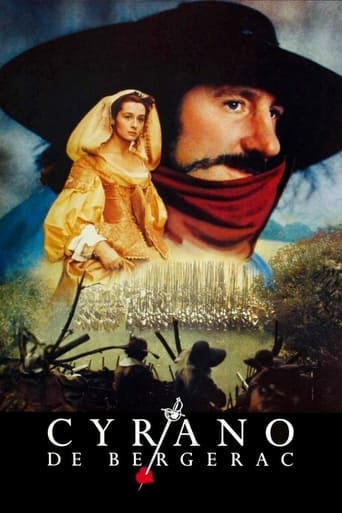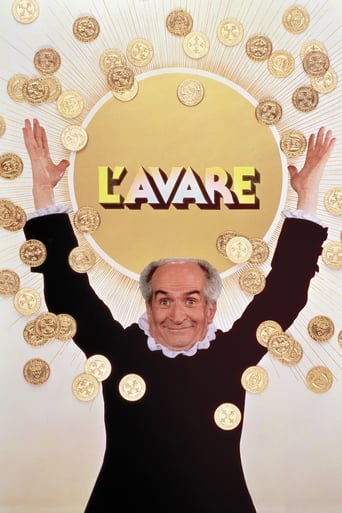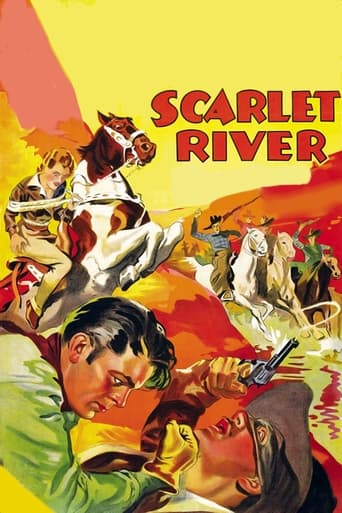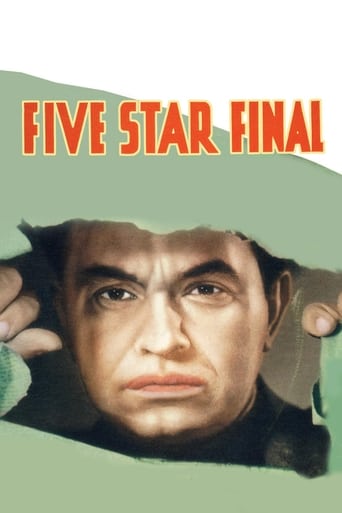
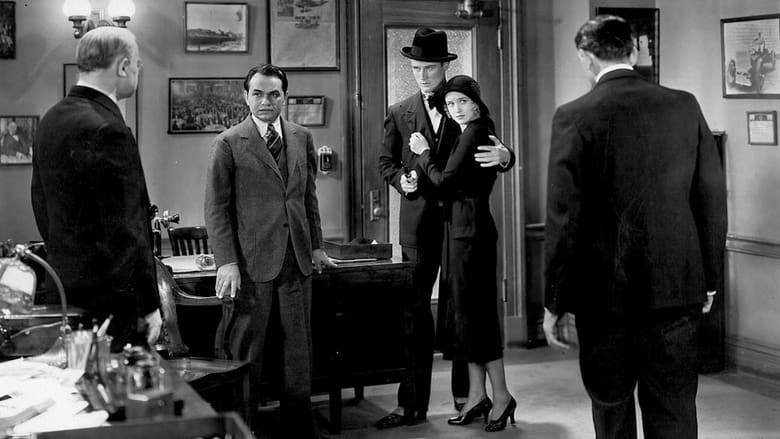
Five Star Final (1931)
Searching for headlines at any cost, an unscrupulous newspaper owner forces his editor to print a serial based on a past murder, tormenting a woman involved.
Watch Trailer
Cast
Similar titles
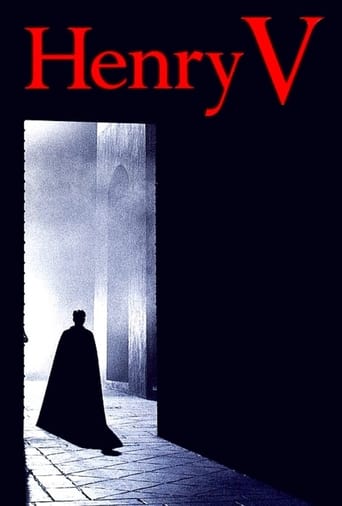
Reviews
Don't listen to the Hype. It's awful
Instead, you get a movie that's enjoyable enough, but leaves you feeling like it could have been much, much more.
The film may be flawed, but its message is not.
It's the kind of movie you'll want to see a second time with someone who hasn't seen it yet, to remember what it was like to watch it for the first time.
Hollywood really had a bone to pick with journalists in the early 1930s. In 1931 it nominated "The Front Page" for its Best Picture Oscar and a year later did the same with "Five Star Final."The first film is a lot of fun, but I think I admired the latter film more. It's gritty and racy in that pre-code way films from this time period were, and it pulls no punches in going after newspapers and the sleazy lengths they'll go to -- and the lives they're willing to destroy -- in the pursuit of profits.Edward G. Robinson is just one of the best actors in movies ever. How can such an ugly mug of a guy command the screen the way he does? See this movie for an example of his screen presence."Five Star Final" belongs to the unique list of films that received an Academy Award nomination for Best Picture but no other nominations, something that hasn't happened since 1943 but that happened more frequently than you might think up to then.Grade: A
Of all people, can that actually be Frankenstein groveling before a newspaper editor (Robinson). Yes indeed, it's the great Karloff as a reporter making extra nice-nice and a bit tipsy too—it does take some getting used to. He's certainly out of usual character, over-acting as well (perhaps the only time in a generally restrained career), but then exaggeration is the style of these early talkies.Karloff aside, the movie's a hard-hitting expose of the cut-throat newspaper industry back when 'extra editions' were the chief news outlet and people flocked around news stands. Pity poor Nancy Townsend (Starr). She's served her time for a sensational murder and is now a respectable housewife. Trouble is the Gazette, its greedy owner, and editor Randall, need to boost circulation, so why not resurrect her murder case. Who cares that it may ruin her now reformed life when there's extra dollars to be made. Some pretty dramatic scenes ensue, and few punches are pulled, especially that sardonic very last shot.No doubt about it, director LeRoy is one of the masters of early talkies. The staging of the two tragic Townsend scenes is movingly done, while the split screen run-around really brings out the cruelty of the Gazette staff. This is pre-Code (1931) and some innuendo surfaces at the beginning with chippie Kitty Carmody (Munson), otherwise there's little that post-1934 would find objectionable.This is First National Pictures on the eve of merging with Warner Bros. to complete that powerhouse studio of the 1930's. There's Warner's trademark vigor and 'every dayness' that help lift this movie beyond the ordinary and also show why the very unglamorous Robinson was such a force in early talkies. All in all, it's a smoothly energetic installment in pre-Code Hollywood.In passing-- catch that 1930 state-of-the-art radio, almost big enough to sleep in. These really old movies are a good chance to view early editions of familiar technology and be entertained at the same time.
Hard to imagine the message of this film, since some 75 or so years later, Princess Diana was killed in a car crash trying to escape paparazzi.The film's premise is simple. The owner of a second tier newspaper wants to find some way to boost circulation. He appoints an editor played by film legend Edward G. Robinson to dig up the dirt on an old story. Twenty years ago, a woman named Nancy Voorhas shot and killed her lover.Trouble is that Voorhas has moved on, and has a brand new family. When she learns that the story is coming to public light yet again, she pleads for Joseph Randall (Played by Robinson)to drop the story. And the behest of the newspapers owner, he refuses. With all of the questions and pressure surrounding her, Voorhas commits suicide.What is left is for Joseph Randall to question if it was all worth it. Was it worth the life of Nancy Voorhas to sell extra copies of a newspaper? Robinson gives a speech at the end of the film that really was ahead of it's time, and was perhaps a foreshadowing of an age where celebrities are stalked, and people famous for a crime are forever hounded by that moment. The Joseph Randall character resigns his post, and states that he and the paper's editor played a role in the death of Nancy Voorhas, and should take the rightful blame.This is a must own film for any fan of Edward G. Robinson, and should be considered one of the landmark and greatest films of all time. It's rare to find on DVD, but if you should find it, buy it. You won't be disappointed.
The exploitativeness of tabloids is always a good subject, even back in 1931. "Five Star Final" is about a ruthless editor (Edward G. Robinson) who hounds a woman involved in a 20-year-old murder with tragic results. The film sports a good cast, including Boris Karloff, Mae Marsh, Ona Munson, Aline McMahon, and H.B. Warner.Robinson, as the editor, decides to do a series on an old murder and track down one of the people involved, Nancy Vorhees. She is now married with a daughter about to get married. The film looks at the effect it has on the lives of everyone in the family.I am not as enthusiastic about this film as some of the posters here, though I imagine it was very hard-hitting for 1931. The acting is very melodramatic, and while I appreciated the devastating effects of the story, I really thought a bad situation was made much worse by the behavior of the girl's parents at the end of the film. It wasn't until the mid-thirties that the class system in America began to disintegrate, so it's still quite evident here, with the way the young woman's future in-laws react to the scandal and Robinson's analysis of black readers.At the time the film was made, any publicity was looked down upon - today it's considered a great thing, though I don't suppose involvement in a murder would be. You might get a book deal out of it, though, and a TV movie. Nancy Voorhees today could have given the paper an exclusive interview and become a sympathetic character. But it was such a disgrace, and people seemed to have no understanding or compassion.It's hard to judge the performances because the acting style and the dialogue are so different from even a few years later. Of all of them, Aline McMahon, as the cynical secretary, comes off the best.Definitely worth seeing.

